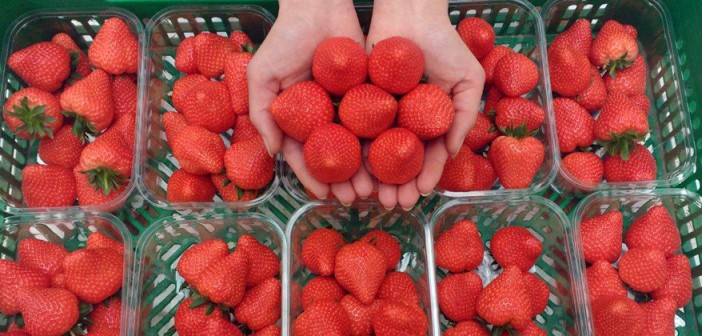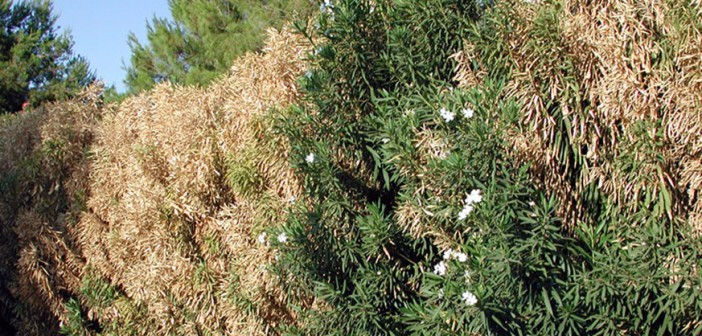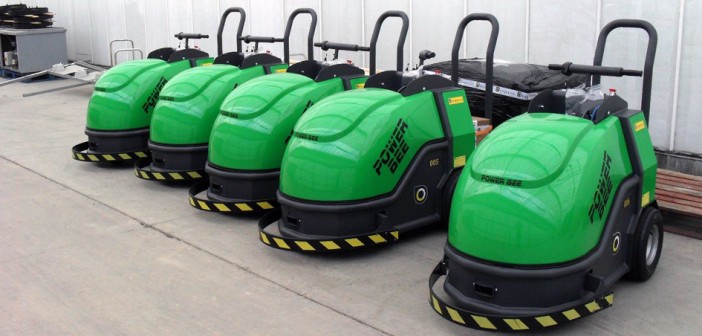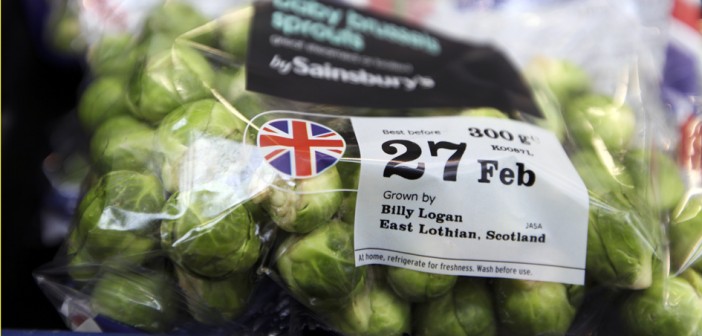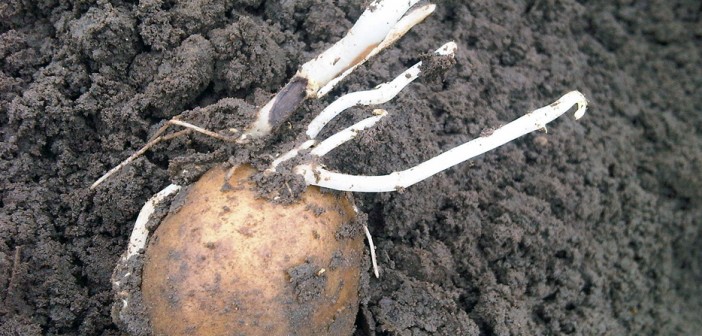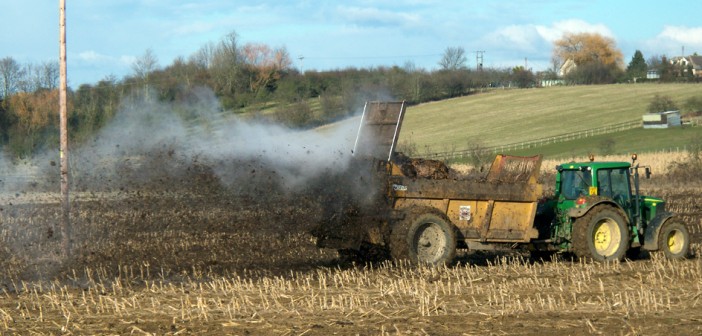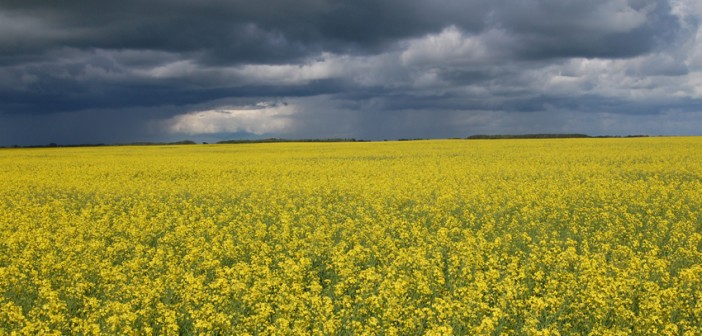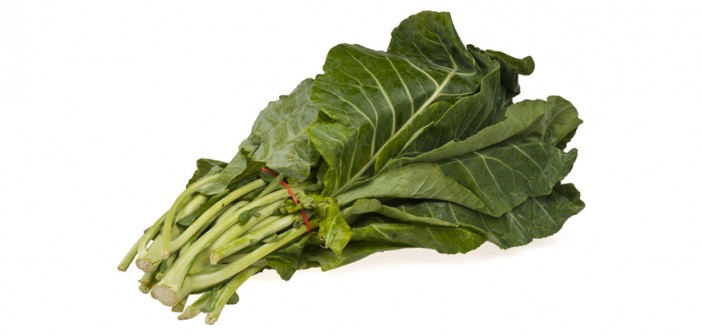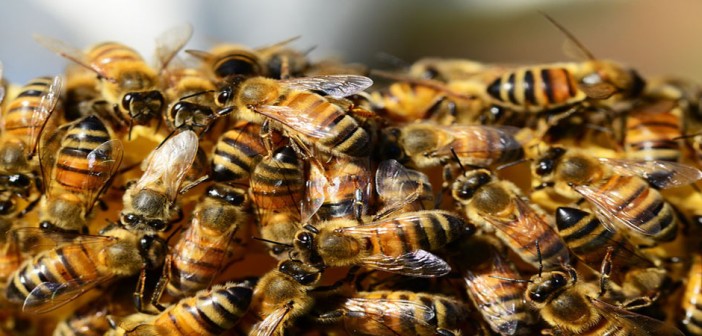Priva has unveiled details of a new de-leafing robot which it says will be commercially available to growers next year.
The development of the robot, named the Tomation, has taken 15 years, partly because vision recognition technology needed to mature to the required standard. Ronald Zeelen from Priva explains, “This technology was a crucial factor in the development of the machine. It allows the robot to make a very fast analysis of the crops and the position of the leaves he has to pick. And that speed of the robot was a crucial factor; it had to work fast and efficient in order to make it economically viable to use a robot.”
Although currently not as fast as a person, this is made up by the fact that the robot can work around the clock and has a proper cutting action to detach the leaves, making it more effective in a single pass.
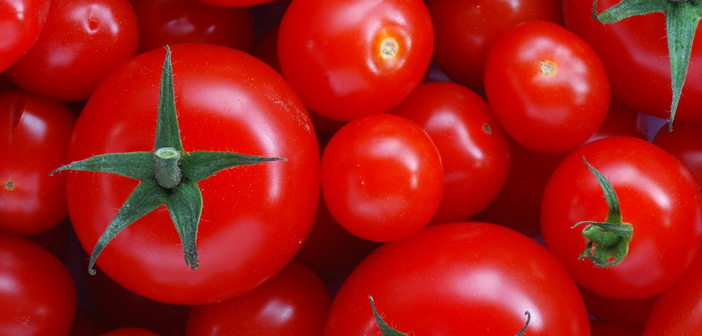
The post De-leafing robot unveiled for tomatoes appeared first on Hort News on 22 March 216.
